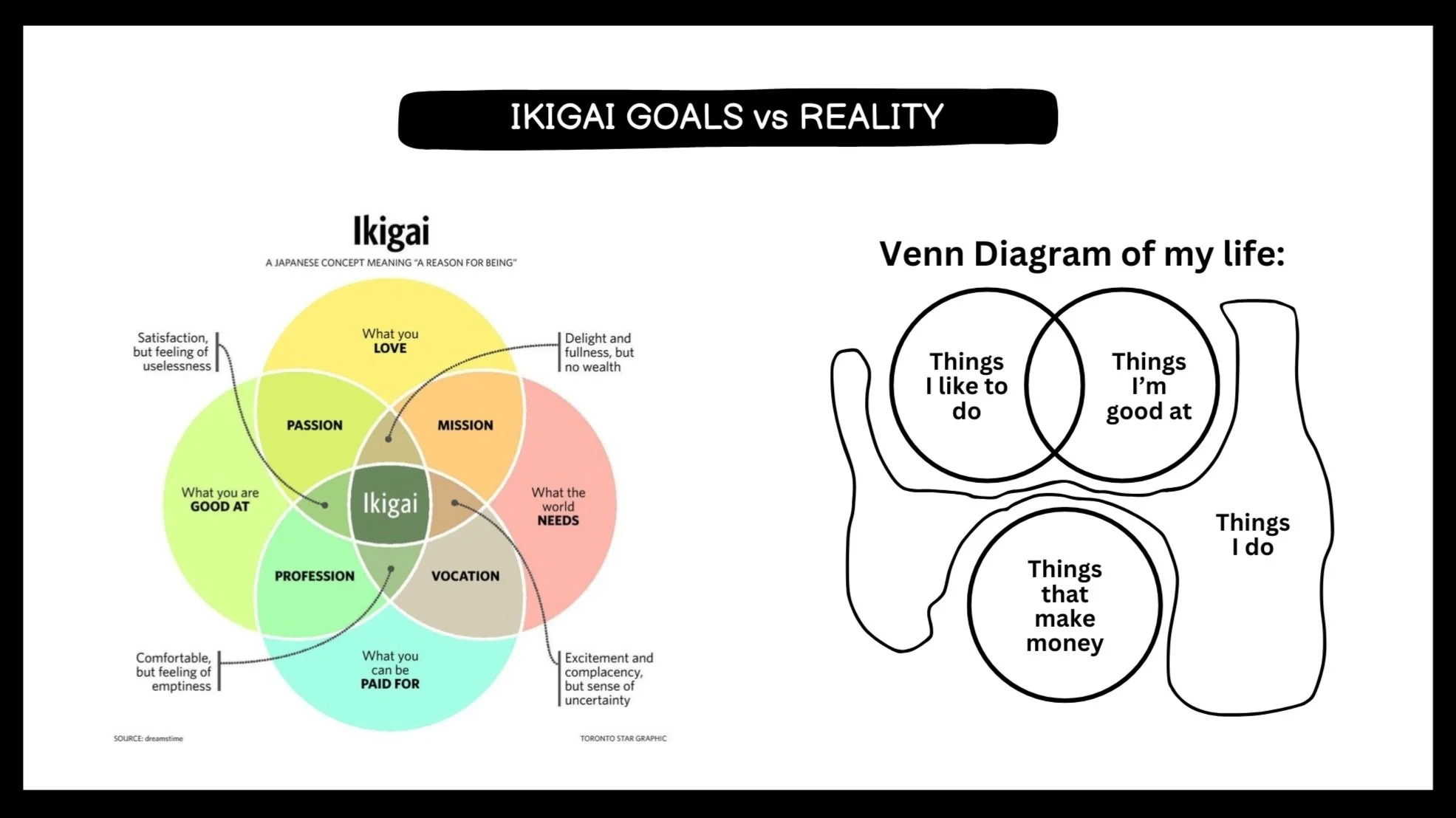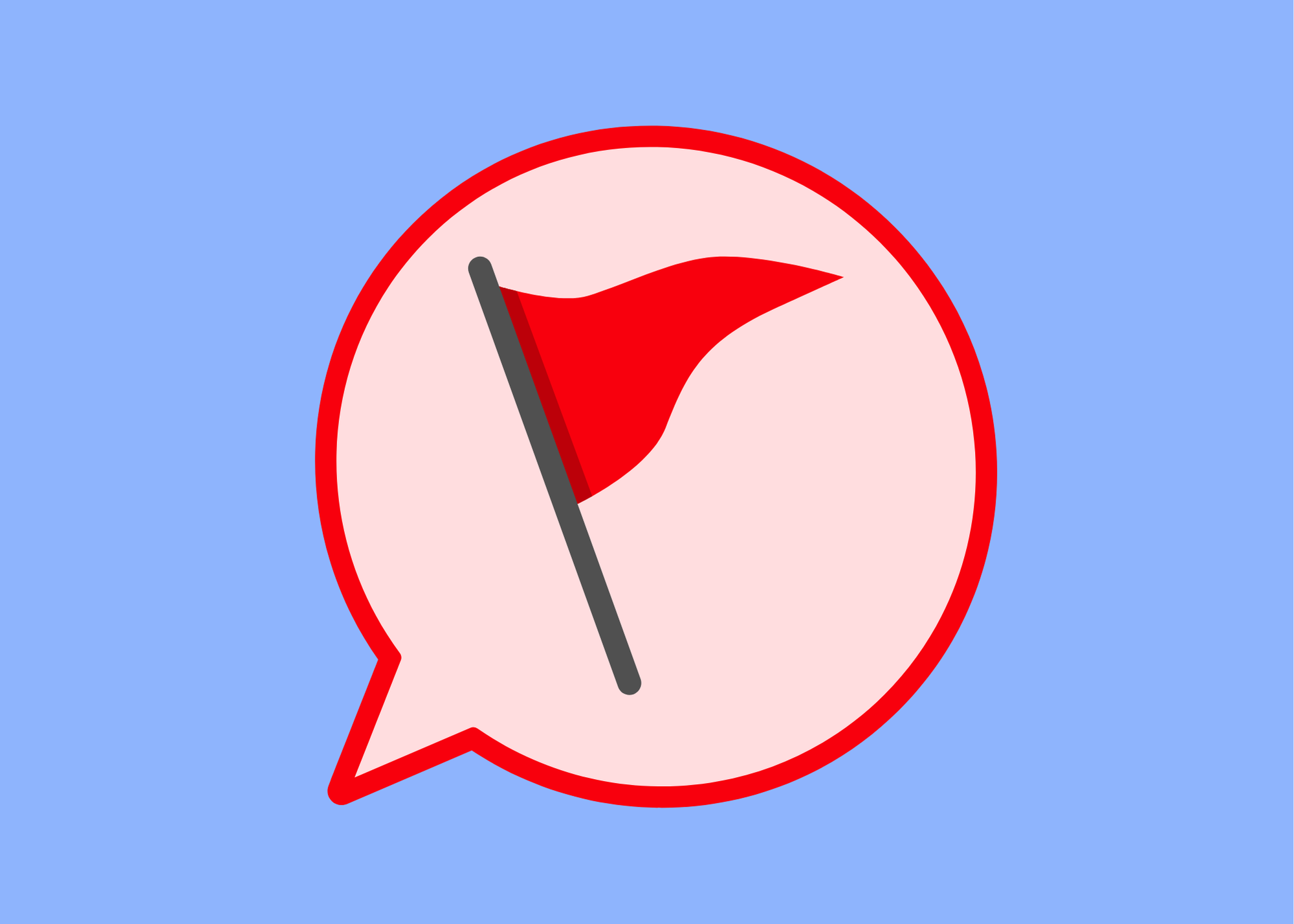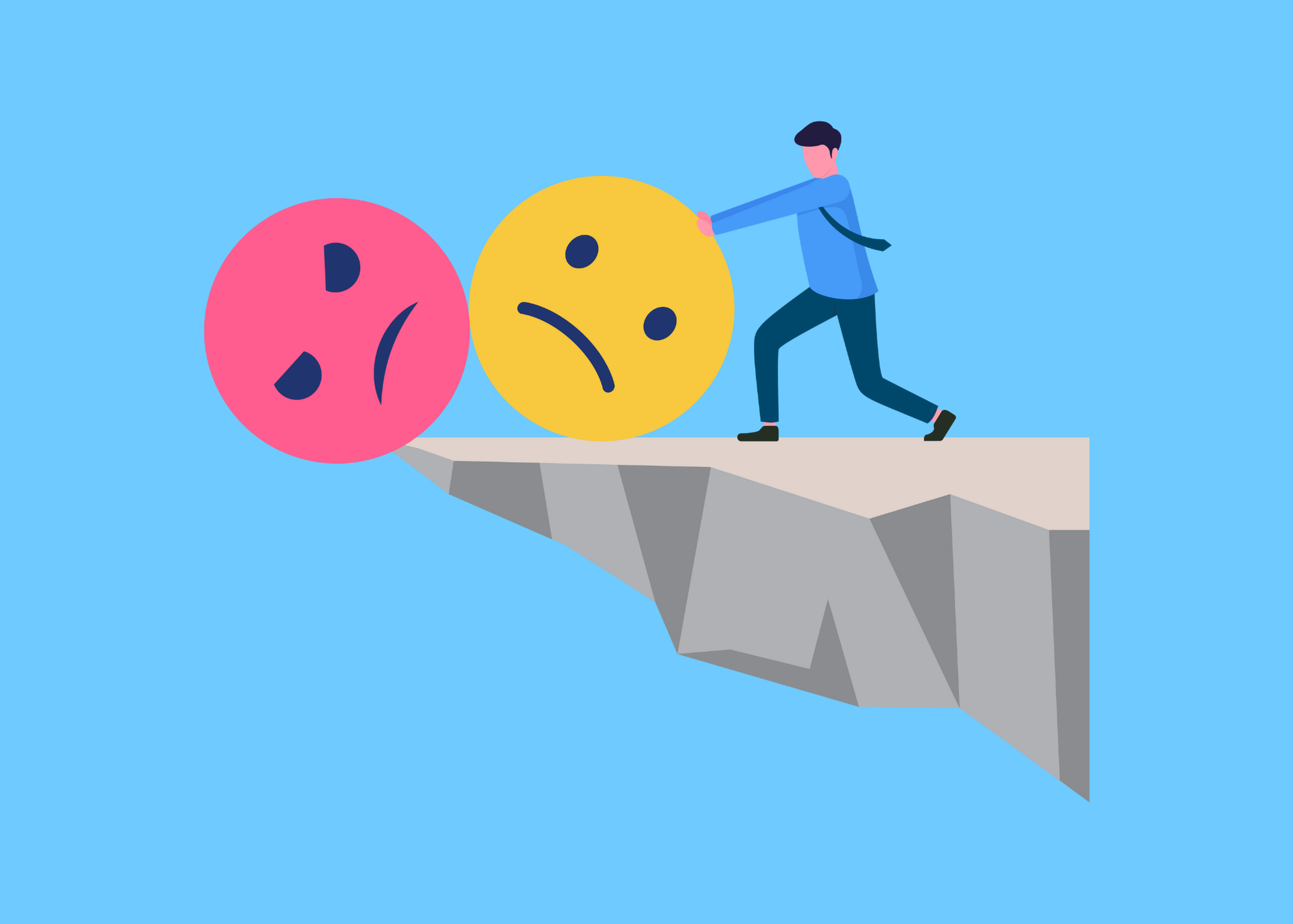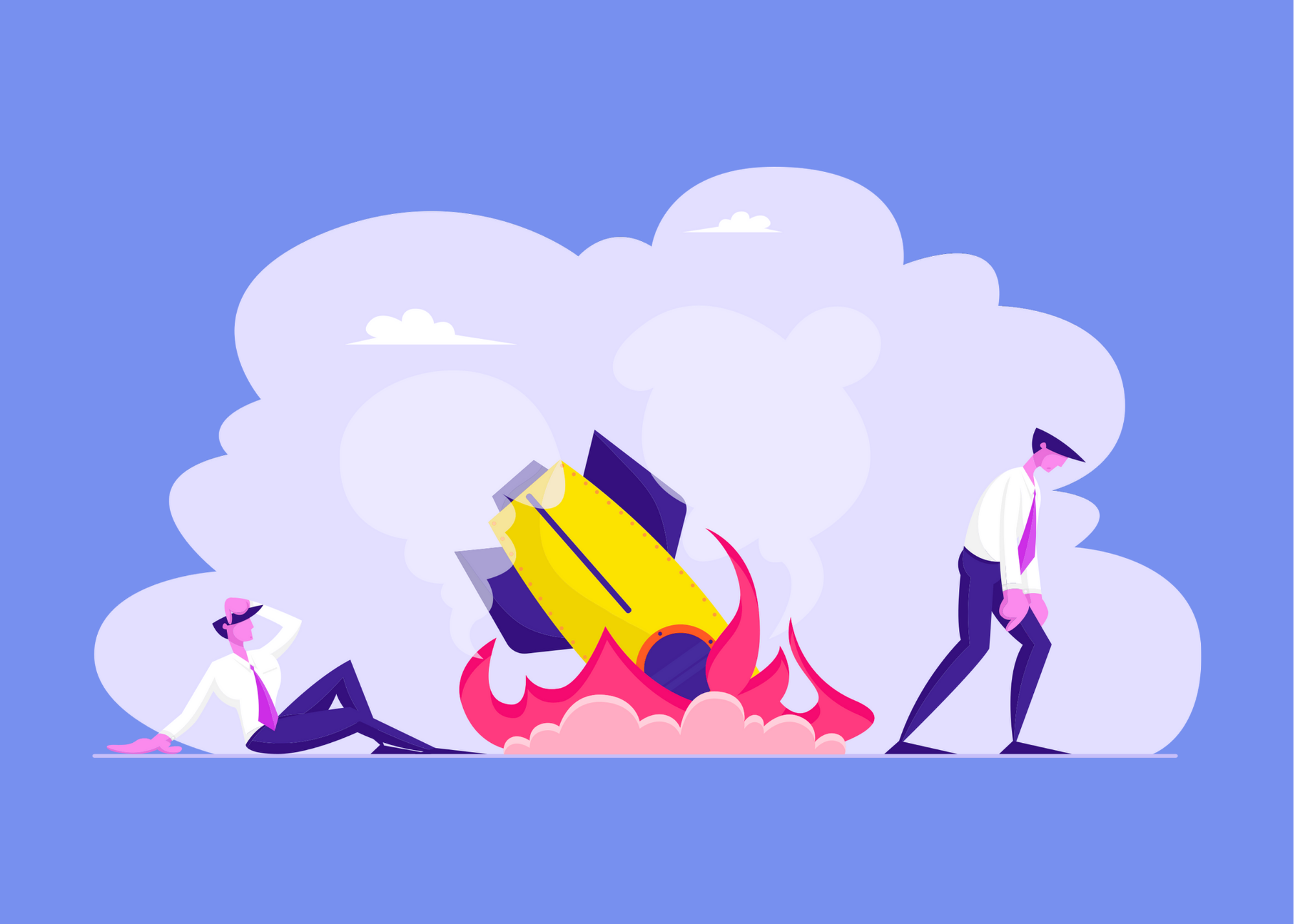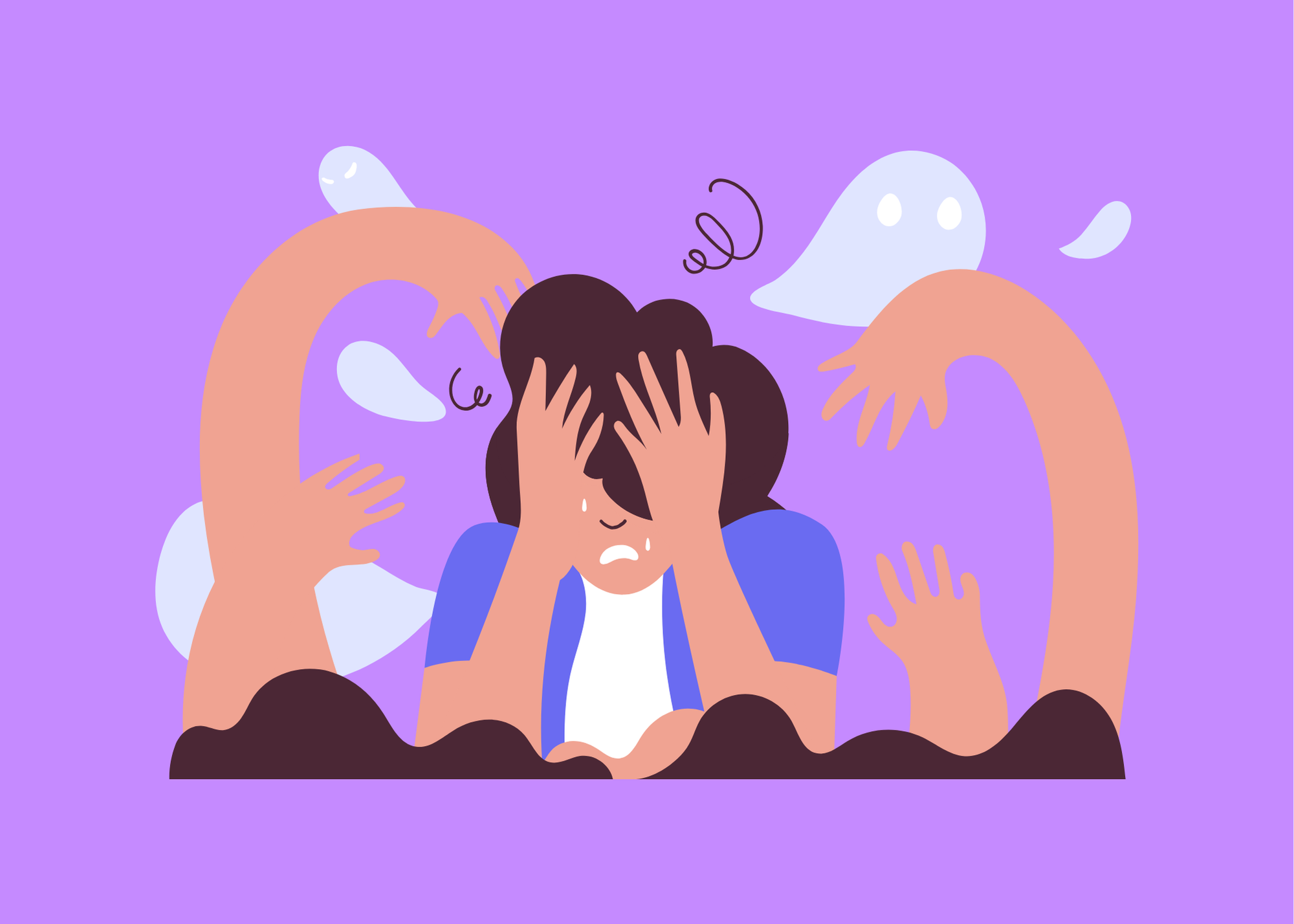Ikigai: Beating Stress and Burnout by Reclaiming Purpose and Fulfillment
Purpose Is a Power Play
Picture this: You're smart, successful, and so exhausted you can barely decide between Thai or Italian for dinner.
Burnout isn’t just creeping at the door anymore—it’s moved in, raided the fridge, and changed the WiFi password.
If you're nodding along, it's time to talk about a powerful antidote to modern burnout: ikigai.
Not another "find your bliss" Instagram quote. Not another toxic positivity campaign.
Real purpose. Real energy. Real resilience.
Welcome to your crash course in why finding your ikigai could be the smartest strategy you ever deploy—not just for surviving your career, but actually thriving in it.
What Is Ikigai—and Why Should You Care?
Straight from Okinawa, one of the world's longevity hotspots, ikigai roughly translates to “reason for being”—or, more bluntly, why you bother to get out of bed in the morning.
The magic of ikigai lives at the intersection of four things:
What you love
What you're good at
What the world needs
What you can be paid for
When these overlap, the result isn’t just a nice fuzzy feeling—it’s a potent psychological shield against chronic stress, burnout, and disengagement.
Research backs this up:
A 2019 study in Frontiers in Psychology found that people with a strong sense of life purpose had significantly lower levels of stress hormones like cortisol.
Longitudinal studies in Japan show those who report living with ikigai live longer and have lower rates of depression, cardiovascular disease, and cognitive decline.
In other words, ikigai isn’t a luxury—it’s a health strategy.
When these elements align, the result is ikigai—a life filled with purpose, meaning, and resilience against stressors. However, for many people, balancing these four elements can be difficult, especially in high-stress roles that might lack intrinsic fulfillment.
Why Burnout Happens (and How Purpose Protects You)
Let’s get brutally honest:
Modern work culture worships two things—achievement and relentless output. Purpose? Meaning? Personal growth? Those are often seen as optional at best, laughable at worst.
But here's the kicker:
Without meaning, the grind becomes unbearable.
Without personal investment, achievement feels hollow.
Without ikigai, even "success" feels like losing.
Chronic stress—particularly in high performers—often stems not from "too much work," but from too little connection to the work.
You’re busy. But are you energized?
You’re producing. But are you fulfilled?
If you’re operating without ikigai, you’re sprinting a marathon without shoes. Eventually, the blisters—and the breakdowns—come.
Deconstructing Ikigai: What It Means for Your Career, Company, and Daily Work
Before you pack your laptop and move to Okinawa, let's bring ikigai into your reality.
You can find purpose at three levels:
1. Your Career
Ideally, your career trajectory should tap into your passions, sharpen your talents, contribute something meaningful, and pay the bills.
Ideal doesn’t mean perfect.
Your career doesn't have to hit all four ikigai pillars right now—but it should at least leave the door open.
If your current path feels like a dead-end on all fronts, it's time for a recalibration, not just another vacation.
2. Your Company
Culture matters. A lot.
A company's values, mission, and behavior either support your ikigai—or suffocate it.
If you’re working somewhere that contradicts your core values (say, you're passionate about mental health but the company rewards 80-hour weeks), that friction will slowly drain you, no matter how nice the perks.
Alignment with your company’s bigger “why” protects against burnout. Misalignment accelerates it.
3. Your Role and Daily Tasks
Even the best companies and careers involve boring meetings, annoying tasks, and days you want to set your laptop on fire.
But net positive tasks—the ones that leverage your strengths and feel meaningful at least some of the time—are essential for sustainability.
Quick gut check:
If 80% of your work feels pointless? 🚩
If you can't remember the last time you felt proud of a project? 🚩
If you dread Monday by Sunday morning? 🚩
Time to dig deeper.
"My Job Isn’t My Ikigai—Now What?"
Take a deep breath. You don't have to quit your job, move to Bali, and start weaving baskets.
Here’s your real-world guide:
🔥 Find Micro-Moments of Joy
Even in roles that aren’t your dream, seek out pockets of purpose.
Mentoring a junior colleague?
Running a project that actually makes people’s lives easier?
Solving a gnarly business problem no one else could crack?
Focus on those slivers. Purpose isn't binary—it's cumulative.
🔥 Set Growth Goals (Even If Your Boss Doesn’t Care)
Is your current role helping you build skills you’ll need for your next move—the one that will align better?
Think like an investor: maximize your ROI today for tomorrow’s payoff.
If your company isn’t investing in you, invest in yourself.
🔥 Volunteer for Meaningful Projects
Raise your hand for initiatives that match your values.
Maybe it’s the Diversity, Equity, and Inclusion committee.
Maybe it’s a wellness initiative.
Maybe it’s developing a new mentorship program.
Don’t wait to be tapped—create your own alignment.
🔥 Build a Purposeful Side Hustle
Side projects aren't just resume-padding anymore—they're sanity insurance.
Launching a blog, starting a nonprofit initiative, coaching a kids’ sports team, or creating art can fill ikigai gaps that your day job leaves open.
And bonus: Purpose outside of work makes you more resilient at work.
🔥 Strengthen Relationships
Harvard’s 80-year Study of Adult Development (yes, 80 years) showed that strong relationships—not wealth or fame—are the strongest predictors of happiness and resilience.
Find your tribe at work.
Find your tribe outside of work.
Purpose is a team sport.
Practical Ikigai Practices for Busy Professionals
You’re busy. I get it. Here's how to weave ikigai into your life without adding “Find My Life Purpose” to your already insane to-do list.
✓ Weekly Reflection
Every Friday, spend 10 minutes asking:
What energized me this week?
What drained me?
Where did I feel useful?
Where did I feel lost?
Patterns = insights. Insights = action.
✓ Craft a Personal Mission Statement
Forget corporate mission statements that sound like they were written by a robot.
Write your own: a short, punchy reminder of what matters to you.
Example:
"I build strong, healthy communities by empowering individuals to reclaim their well-being."
Your mission becomes your career (and life) GPS.
✓ Gratitude with Precision
Skip the vague "I'm grateful for my job."
Get surgical:
"I'm grateful for Tuesday’s meeting where my idea actually got traction."
"I'm grateful for Friday’s client call where I felt like an expert."
Precision rewires your brain for optimism—and resilience.
✓ Learn Strategically
Instead of random "professional development," align learning with ikigai.
If your soul lights up when mentoring others, take a coaching certification.
If you’re obsessed with climate change, learn sustainability frameworks.
Build the bridge now to the work you want later.
✓ Hire a Coach (Yes, Seriously)
Trying to figure this out alone is like doing heart surgery on yourself.
A professional coach helps you:
Clarify your true values
Identify energy leaks
Set realistic goals
Stay accountable
In short: Coaches move you from "stuck" to "strategic."
Ikigai Isn't About One Perfect Job
The myth that your career must be your ikigai sets a lot of talented people up for disappointment.
Real talk? Ikigai is a mosaic, not a job title.
Maybe it’s 60% your job, 20% your side project, and 20% your personal life.
Maybe it’s the mentorship you provide, not the widgets you sell.
Maybe it’s the art you make at 10 PM after the kids are asleep.
Purpose isn’t found.
It’s built.
One small, intentional choice at a time.
Final Word: Purpose Is a Power Play
In a world obsessed with metrics—Q4 earnings, KPIs, follower counts—purpose is your unfair advantage.
When you operate from ikigai:
Stress hits differently.
Burnout recovers faster.
Ambition feels energizing, not suffocating.
Success actually means something.
High achievers don’t just chase goals—they build lives that matter.
Find your ikigai. Then watch everything else start to fall into place.
Need Help? When you lead with values, you lead with purpose.
You don’t need to do more. You need to connect deeper—with yourself and what you stand for.
💡 Let’s clarify what drives you. Book your free 20-minute consult today.
Article References
The sources cited in the article:
Adam Grant, PhD. "Give and Take: A Revolutionary Approach to Success." Give and Take: A Revolutionary Approach to Success
Hasegawa, A. “The concept of Ikigai and its effect on mental well-being.” Published in Applied Research in Quality of Life
Mayo Clinic. "Job Burnout: How to Spot It and Take Action." Mayo Clinic - Job Burnout: How to Spot It
Harvard Business Review. "Burnout is About Your Workplace, Not Your People.” HBR - Burnout is About Your Workplace
National Institutes of Health (NIH). "Sense of Purpose and Health Outcomes." NIH - Sense of Purpose and Health Outcomes
Adam Grant, PhD. Article in The New York Times: "There’s a Name for the Blah You’re Feeling: It’s Called Languishing." NYTimes
Centers for Disease Control and Prevention (CDC). "Mental Health in the Workplace." CDC - Mental Health in the Workplace


